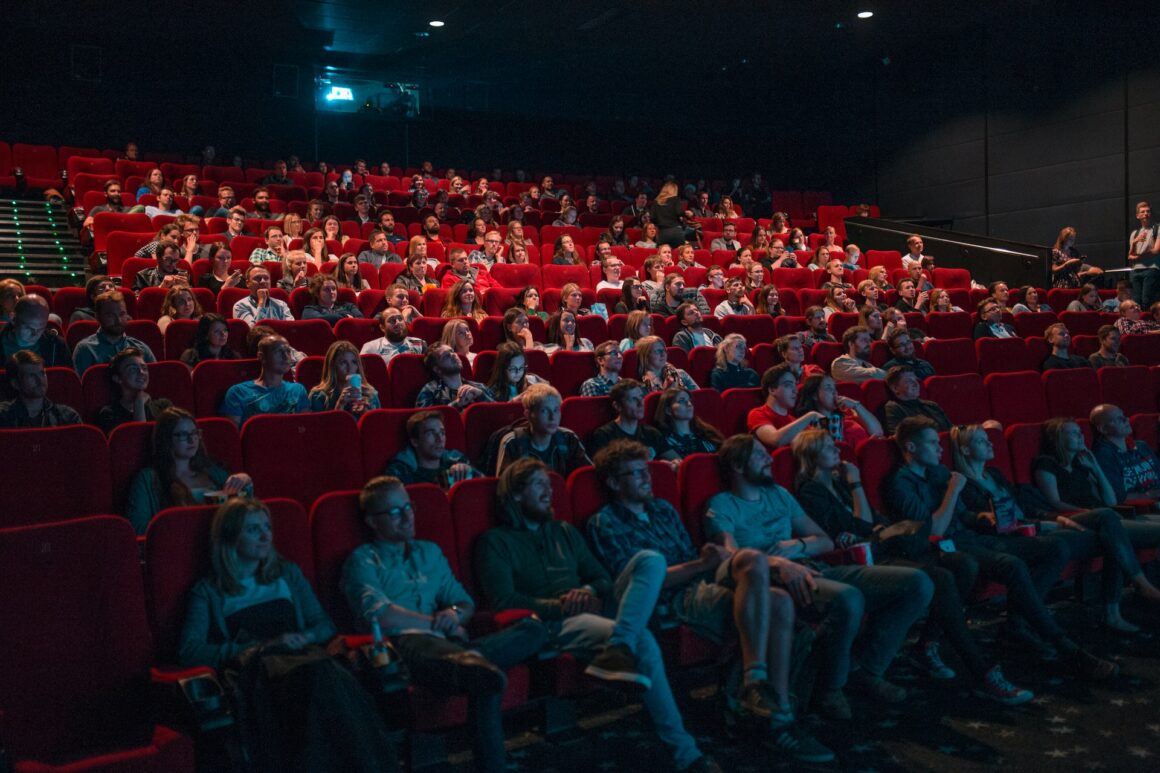In recent days, a number of big-name directors have come out to condemn – even sue – WarnerMedia over their decision to release their films to the Warner-owned HBO Max streaming service at the same time as they’re released in cinemas through 2021. Christopher Nolan, whose Tenant was a box office failure and precipitated this move in the first place, decried the move in the harshest terms, calling it a “betrayal” of the filmmakers who expected their films to be released to a paying audience rather than as just another feature on WarnerMedia’s oft-criticized streaming service. The likes of James Gunn (The Suicide Squad) and Denis Villeneuve (Dune) have, in fact, taken legal action as their films will be directly impacted by this move next year.
Is this all bad, though?
The announcement that Wonder Woman 1984 would be released to HBO Max along with cinemas was largely met positively as it was understood that, particularly in the US, many, even most, audiences would be unhappy with returning to cinemas as the COVID 19 pandemic rages across the country. WarnerMedia has insisted that their release plan for next year will only be for next year with a need to re-evaluate the situation going into 2022. They have a huge backlog of unreleased films and they need to get them out there in one form or another, with people being able to choose how they would like to see these long awaited releases.
There’s plenty of reason to believe, however, that this may become the norm in the future. Perhaps not to release films as an incentive to get people to try their corporate overlords’ streaming service but released on video-on-demand and in cinemas at the same time and at a similar price. Most film lovers agree that nothing beats the cinema experience but more casual viewers clearly prefer the convenience and ease of watching the latest releases in the comfort of their own home. Certainly, in these ADHD times, when people like to watch a movie, play a game on their phones like JackpotCity Online Casino or Fallout, while also chatting with friends and family, the home is a much better venue than the cinema.
What we’re really talking about here is choice, which will benefit both those who prefer a night in with those who appreciate the cinema as a place free of distractions to take away the pleasure of watching a great movie on a huge screen with unbeatable sound. The latter will even benefit by not having to deal with people who treat the cinema like their own lounge while they’re trying to enjoy a night out at the movies.
Admittedly, the one catch here is what this will mean for cinemas. Will simultaneous distribution kill the already suffering cinema industry? It is a worry, no doubt. However, in the same way that the pandemic has made our feelings for live concerts and the theatre fonder for not having had them in our lives for months, the same certainly seems true of the cinema.




